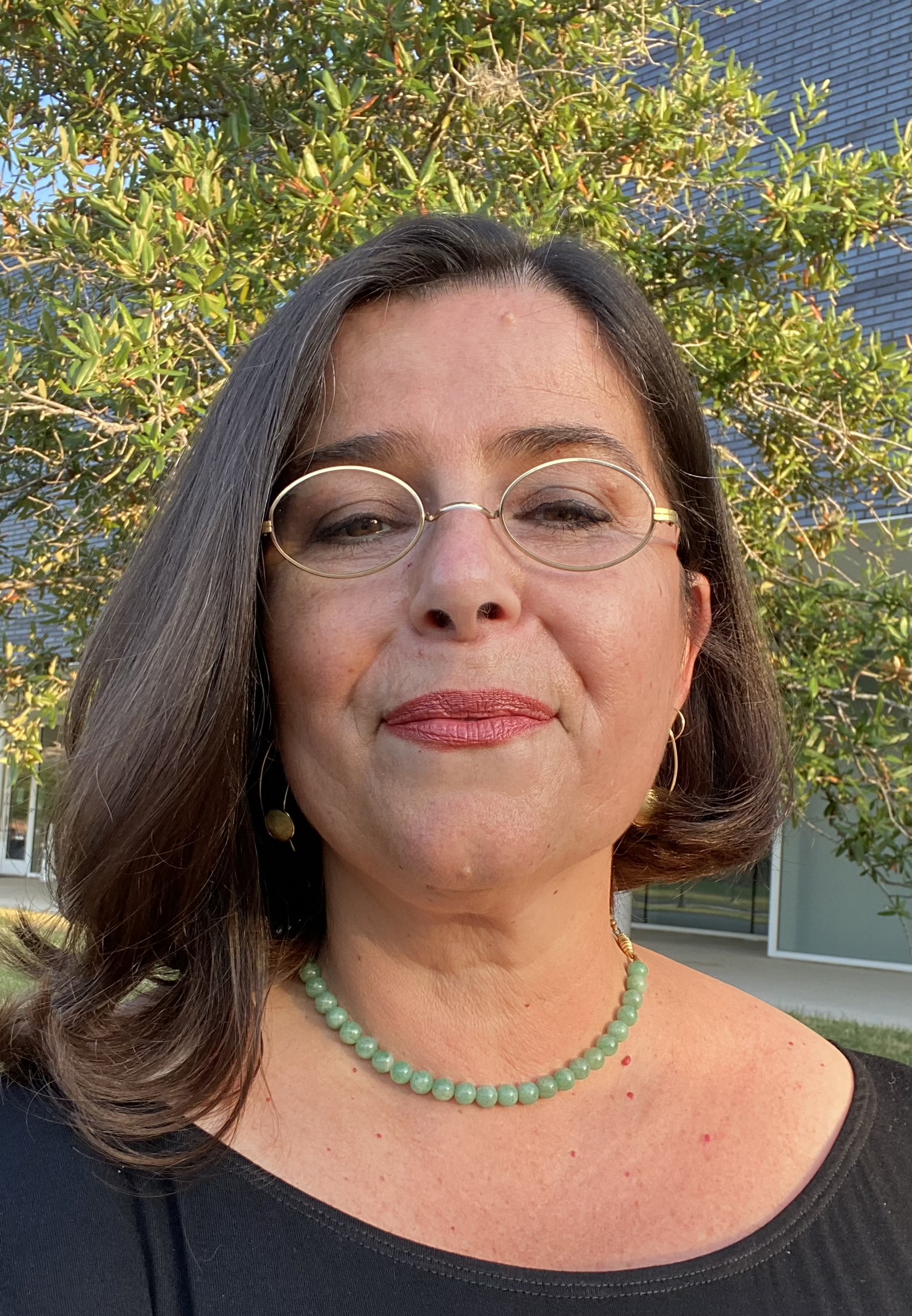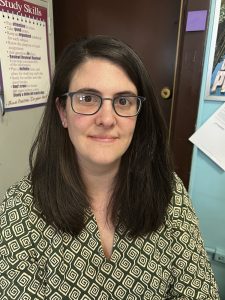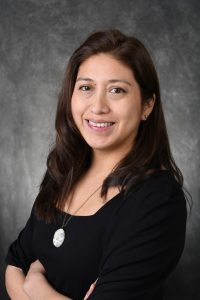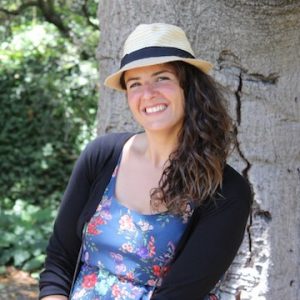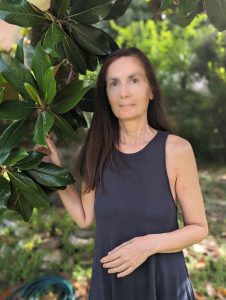The 16th edition of Teaching Italian, to be held in person at Montclair State on Friday, October 20, 2023, invites you register for workshops on the UN Sustainable Development Goals (SDGs) in the teaching and learning of Italian.
The 2030 Agenda identifies 17 goals. As educators, we should strive to ensure that,
“all learners acquire the knowledge and skills needed to promote sustainable development, including, among others, through education for sustainable lifestyles, human rights, gender equality, promotion of a culture of peace and non-violence, global citizenship, and appreciation of cultural diversity and culture’s contribution to sustainable development.” (SDG 4, Target 4.7)
Adopting these principles in the Italian curriculum allows learners to understand the SDGs from a multicultural perspective and to advocate for change by tackling issues in and beyond the classroom.
We are excited to have experts in world languages participate in the panel and lead workshops.
Workshops
The workshop will introduce the Italian Constitution and how it is possible to use it to discuss ways to work on the principles of Peace and Justice in the Italian classroom. Each activity will be based on authentic materials and will be designed for students to apply their critical thinking while comparing and contrasting Italy with the United States. This introduction to the Italian Constitution will allow for integrating several goals and themes from the 2030 Agenda, from the environment to education, health and gender equality. (Presenter: Maria Gloria Borsa)
Level: High School, AP Italian, Higher Education
Intercultural Communication Competence has increasingly become one of the most important learning objectives in teaching a language. Over the years, the focus of teaching has shifted from the need to teach grammar knowledge and skills to the ability to use “language in socially and appropriate way[s]” (Byram, Gribkova, Starkey, 2002) in order to give the learner the opportunity to interact with global competence while navigating the multilingual and multicultural world. In our presentation we will use music to address numerous social issues in Italy.
Music (songs, lyrics, music videos, social media posts) can be adapted for the FL classroom, at all levels, as a tool to facilitate and motivate language learning, cultural awareness, and cross cultural competence by emphasizing communication and “calling for learners to use language to investigate, explain, and reflect on the relationships between products, practices and perspectives” (ACTFL). In this presentation we will share strategies on how to use music in order to foster ICC, particularly centered around Italian social issues, and implement communication in a language classroom, particularly through the creation of practice activities. We will focus on five sub-themes: immigration, Black Italians, gender, disability, and bullyism. The presenters will share a list of songs for each sub-theme and during the workshop segment, in groups participants will adopt one song for their classroom, producing an activity as well as a cultural comparison prompt based on the AP model. (Presenters: Valentina Morello & Ryan Calabretta-Sajder)
Level: Middle School, High School, AP Italian, Higher Education
Resources available at www.nathanlutz.org
This workshop will present and introduce the UN Sustainable Development Goals (SDGs) for Parità di genere, Vita sulla terra and Vita sott’acqua through the use of short animations and the use of images created with AI. There is no dialogue in the movies, which will facilitate their use at any level. The designed activities will focus on the analysis of the characters, plot, and more, in order to open discussions about gender equality, life on earth, and how we should protect the environment and consume products responsibly. Students will explore a range of kinesthetic activities, didactic games tied to performance-based production tasks, and audiovisual comprehension activities.
The students will also explore working with AI that creates images. They will be able to create their narrative and/or short movie based on one of the seventeen sustainable development goals promoted by the UN. (Presenters: Matilde Fogliano & Luisanna Sardu)
Levels: Middle School, High School, AP Italian, Higher Education
PBLL (Project Based Language Learning) is a teaching method that fosters collaboration, sustained inquiry, critical thinking, inclusiveness, equity, and diversity’s appreciation among other skills.
PBLL can be the main teaching method in language classes or can be employed together with other teaching approaches. Its flexibility allows for the possibility to work on any one of the SDGS and gives the students the opportunity to choose the topic, related to the goals, that they want to investigate.
This teaching method allows the integration of language learning and content learning. Important to this approach is the idea that students choose the topics on which they want to work. This clearly helps motivation which is sometimes difficult to obtain in class. PBLL projects can explore issues of migrations, integration, poverty, gender equality, ecology, sustainability, and cultural diversity. The projects can be adapted to local communities surrounding different universities and schools. (Presenter: Emanuela Pecchioli)
Level: Elementary School, Middle School, High School, AP Italian, Higher Education
Biographies
Maria Gloria Borsa teaches AP and IB Italian at Bellaire High School, in Texas and she defines herself a Teaching Practitioner, proud to promote equity and access for all through the teaching of Italian language and culture. She graduated in Foreign Languages and Literatures at the University of Sassari, Italy, and has two Master’s Degrees, one in Bilingual Translation from the University of Westminster in London, UK, and one in Theories And Methodologies For Teaching Italian To Foreigners from the University of Tor Vergata in Rome, Italy.
An AP Reader since 2014, she is now the AP Italian Lead Consultant for the College Board and the AP World Languages Lead Teacher for the Houston Independent School District.
She currently teaches Italian and Spanish at Liberty High School in Jersey City. She has been an adjunct lecturer of Italian and Spanish language for over ten years, and she is currently teaching undergraduates at Pace University and NJCU. She taught two sessions of the Summer Italian Intensive Course for College Credit at MSU in 2017 and 2018.
She holds NJ Certificates for teaching Italian and Spanish language, ELA and ESL.
His research interests include the integration of gender, class, and migration in both Italian and Italian American literature and cinema, and Italian language and culture through Digital Humanities and Virtual Reality. He is currently the President of the American Association of Teachers of Italian and Chief Designate Reader of the AP Italian Language and Culture Examination.
She teaches all levels of Italian language and culture classes. She is also the coordinator of the Italian language program and of intermediate French language classes. She has published on Italian cinema, relationships between Italian and French cultures, and masculinity studies. She is currently working with a team on translating Luigi Pirandello’s Stories for a Year.
Conference presentations include Literature in the Language Class, Integrated Performance Assessment (IPA), Content Courses in Remote Instruction, and Project-Based Language Learning (PBLL).
She participated in the 2023 Summer Institute on PBLL organized by the National Foreign Language Resource Center (NFLRC) at the University of Hawai‘i at Mānoa and will collaborate with NFLRC on PBLL action research.

